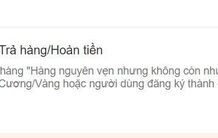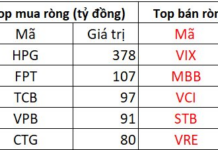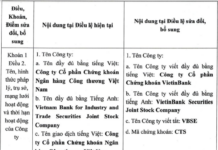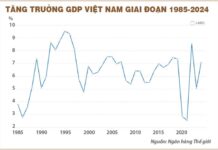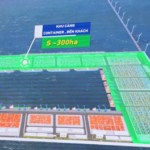According to the Ministry of Construction, the draft proposal includes the provision that “Electronic administrative procedure files and results hold the same legal value as paper documents,” aligning with the spirit of Resolution 57-NQ/TW dated December 22, 2024, issued by the Central Executive Committee on innovation and national digital transformation.
Notably, the Ministry of Construction proposes to abolish 30% of investment and business conditions in the driver training sector.
Some of the proposed regulations to be removed include: The requirement for the head of a driver training institution to be the principal or legal representative director; the requirement for managers to undergo training in vocational education management; and the requirement for training facilities to have a minimum usable area of 1,000m² or classrooms no smaller than 48m².
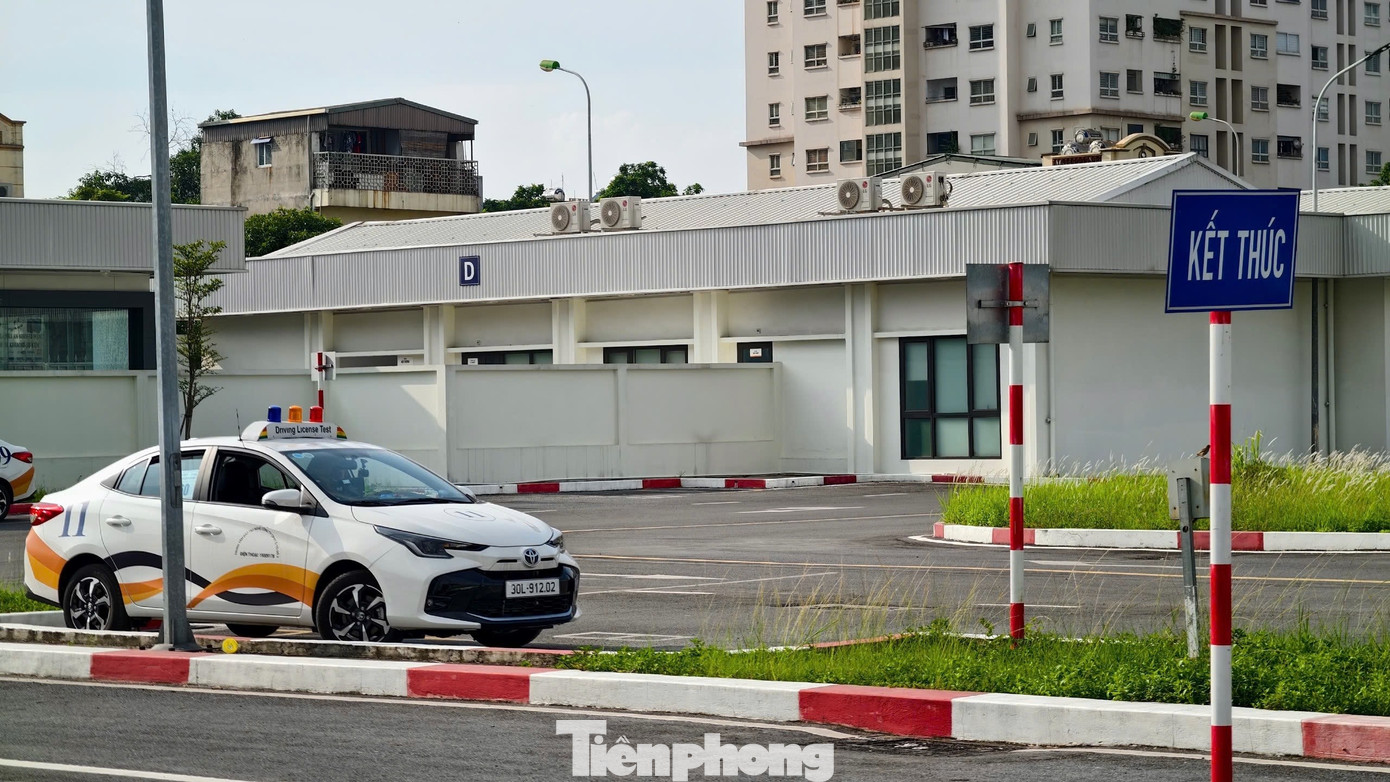
The Ministry of Construction proposes to abolish 30% of investment and business conditions in the driver training sector. Photo: Lộc Liên.
The Ministry of Construction also proposes to eliminate the requirement that Class B training trucks must have a design weight between 2,500 – 3,500 kg and account for no more than 30% of the total number of training vehicles in the same class. The draft also suggests removing the restriction that limits the use of a single driving test area as a training area when calculating training capacity.
Additionally, the draft abolishes the requirement for training areas to have waiting areas and seating for students, as well as conditions for instructors, such as holding a driver’s license corresponding to the training class or having a minimum of 3–5 years of driving experience depending on the class.
Instead, the draft introduces new requirements for digital transformation, mandating that driver training institutions have an electronic identification and authentication system to accurately identify students throughout the entire training process—from registration to testing. This is seen as a significant step toward digitizing driver training, aiming for transparency, synchronization, and efficiency.
The transportation and construction management agencies also propose simplifying numerous administrative procedures for issuing driver training licenses, training vehicle permits, and teacher certification renewals, with several notable new features.
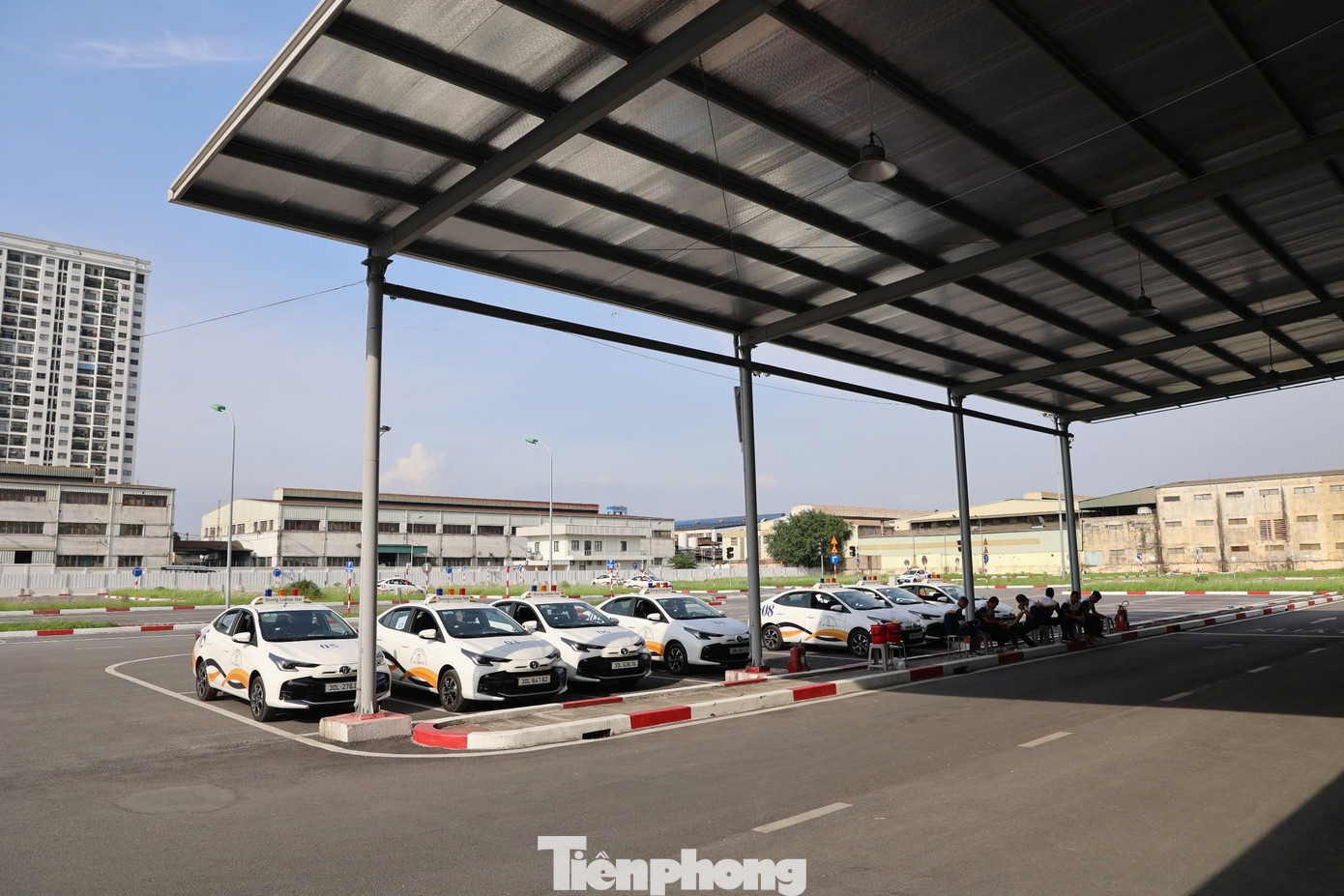
The Ministry of Construction proposes simplifying numerous administrative procedures for issuing driver training licenses and training vehicle permits. Photo: Lộc Liên.
Accordingly, the Ministry of Construction proposes allowing online submission for most procedures: Reducing file processing time; recognizing the legal value of electronic files as equivalent to paper files throughout the administrative process. These changes are expected to reduce compliance costs and maximize convenience for individuals and businesses involved in the driver training sector.
Under the draft, the state management authority over driver testing will be transferred from the Ministry of Transport (now the Ministry of Construction) to the Ministry of Public Security, while the Ministry of Construction will assume state management over driver training.
With a series of innovative measures—from reducing business conditions and simplifying administrative procedures to defining management authority and promoting digital transformation—the Ministry of Construction hopes this revised Decree will contribute to building a transparent, modern driver training and testing system, maximizing convenience for citizens while enhancing state management efficiency in this field.
Slashing Tax Administrative Procedures by 44%: A Game-Changer for Efficiency
The Ministry of Finance is drafting an amended Tax Administration Law, aiming to slash administrative procedures by up to 44%. This reform prioritizes a taxpayer-centric approach to tax management.
Streamlining Tax Procedures: Easing the Burden on Citizens
To support citizens and businesses, the Ministry of Finance has proposed a significant reduction of up to 44% in administrative procedures. Many tax procedures now fully leverage information technology, operating entirely automatically. Both businesses and individuals anticipate that this streamlining will lead to reduced time and costs.
Global $150B Conglomerate Eyes Vietnam as Strategic Hub
With over 20 years of presence in Vietnam, this conglomerate has established the world’s third-largest Artificial Intelligence Research and Development Center (AI R&D) right here in our nation.














